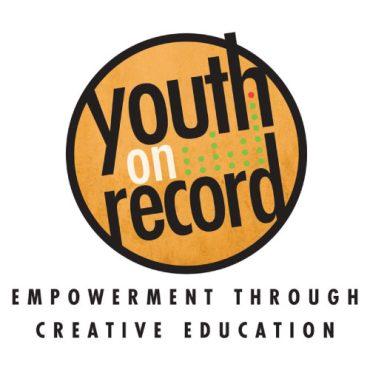“I had ideas on how the real world works but I wasn’t exactly prepared for the downfall of what happens afterwards.”
While young people can stay in the foster care system until the age of 21, in practice, most exit much earlier. Young people who age out of foster care experience disproportionate rates of homelessness, unemployment, unplanned pregnancies, incarceration, human trafficking, and reliance on public assistance.
20 year old William Patton was emancipated from foster care in 2015. He says he wasn’t prepared for the challenges that lay ahead. “When you’re in foster care you normally have things provided for you, you don’t learn everyday things that an adult would know when they leave their parents’ home. You have limited resources. A lot of the time you don’t have credit. You don’t learn about that stuff.”
Like most foster youth, Patton did not have family support to fall back on when things got rough “most people have the option when they mess up in college, they can go home to their parents, but when you are in foster care, you don’t entirely have options like that because you were removed from your home in the first place.”
Patton who was in the foster care system from the ages of 4 to 8 years, and between the ages of 16-19 years says he experienced a period (6 months) of homelessness after emancipation from the system “I had ideas on how the real world works but I wasn’t exactly prepared for the downfall of what happens afterwards.”
Patton says his life is now back on track, he lives with his girlfriend in Lakewood and is a full-time courier. He does a lot of advocacy work and charity for kids in the foster system.
Attorney Anna Reinert of the Rocky Mountain Children’s Law Center, worked with William Patton during his emancipation process. She says his story is unfortunately not unique “it’s very common and it’s a symptom not just of our foster kid youth, but if you look at youth in general, they’re not ready oftentimes at 18 to be completely on their own but what’s different is what Will talked about is that most young adults in this country have a safety net, they have a place they can go back to if they fall on their face, but kids like Will don’t have that.”
Reinert says that a lot of foster youth wish to emancipate themselves from the system, but are often not prepared for life as an adult. “Like most 18 or 19 year olds, our youth want to leave the system, it’s a really frustrating system to be a part of because there are a lot of restrictions to be in foster care, so you are treated very differently from other kids who are 18. We need to know where you’re spending the night, you can’t just go see your friends. And so a lot of times our kids want to leave the system.”
Foster youth advocates in Colorado have been calling for legislation like that in California that would help kids who need more support after they emancipate. “Foster care re-entry” legislation allows young people the opportunity to leave the system and test out their independence (much like their peers from intact families), while providing an option to re-enter “foster care” up until the age of 21 in order to gain the skills, supports, and resources necessary to build a successful, independent life. Reinert says this would make a big “Our system is just not built for young adults in the same way it is built for children.”
-
 play_arrow
play_arrow
Aging out of the Foster Care System kgnu
On Monday, February 8th, 2016, from 4:30 pm – 6:00 pm at the Colorado State Capitol Building, Committee Room 356, William Patton and other emancipated foster youth will speak on a panel on “Understanding the challenges transitioning youth face through their perspectives.
-
 play_arrow
play_arrow
Aging out of the Foster Care System kgnu
Podcast: Play in new window | Download



















